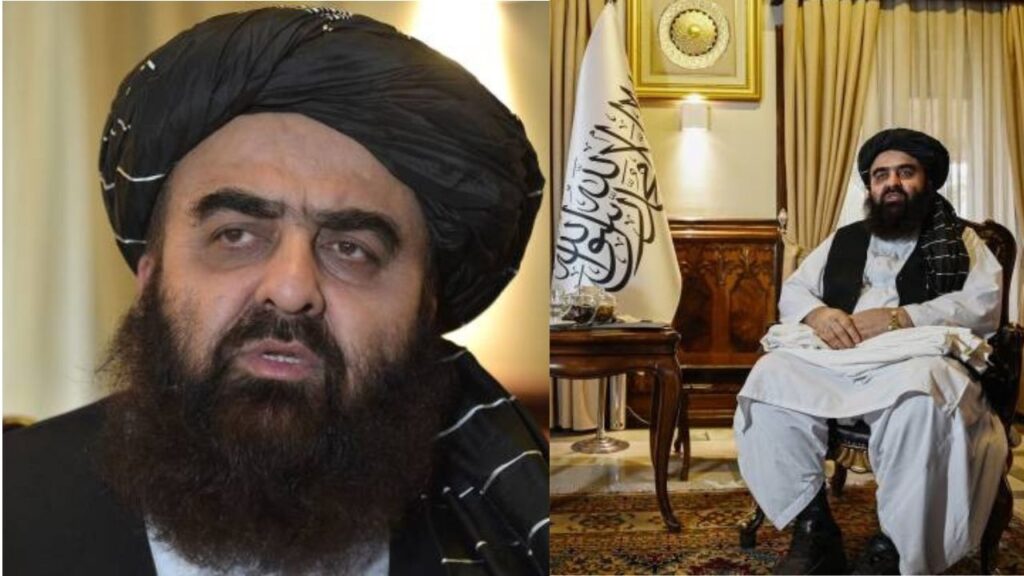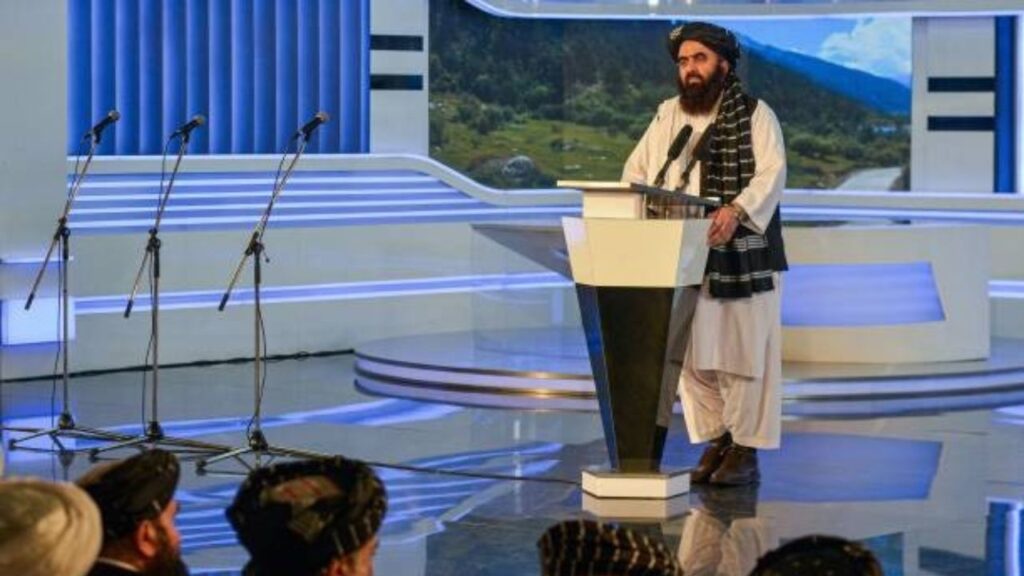The United States has reportedly prevented Afghanistan’s Foreign Minister Amir Khan Muttaqi from visiting Pakistan by refusing to approve a crucial United Nations travel ban waiver, according to diplomatic sources cited by Dawn newspaper.
Muttaqi had been scheduled to travel to Pakistan on August 4 as part of ongoing diplomatic efforts to strengthen relations between Kabul and Islamabad. The planned visit represented a continuation of recent engagement initiatives, including Pakistani Deputy Prime Minister and Foreign Minister Ishaq Dar’s earlier trip to Kabul, which had been facilitated through Chinese diplomatic channels.
As a senior Taliban official, Muttaqi falls under international sanctions that prohibit foreign travel without special authorization from the UN Security Council sanctions committee. This committee, established under UNSC Resolution 1988 (2011), manages comprehensive restrictions including travel bans, asset freezes, and arms embargoes targeting Taliban-linked individuals.

According to Dawn’s diplomatic sources, Washington deliberately delayed its decision until the final moment before ultimately denying the waiver request, effectively canceling the foreign minister’s trip. The timing of the rejection suggests a calculated diplomatic move rather than administrative delay.
The report indicates that the US decision was likely influenced by growing concerns over the Taliban government’s increasingly close relationship with China. This development comes amid broader geopolitical tensions as Washington monitors Beijing’s expanding influence in Afghanistan following the American military withdrawal.
The diplomatic maneuvering highlights the complex international dynamics surrounding Afghanistan’s current government, with regional powers like China and Pakistan seeking engagement while Western nations maintain restrictive policies. When pressed about the travel block during a recent briefing, the US State Department declined to comment, stating only that they “do not comment on rumors.” This incident underscores the ongoing challenges facing Taliban officials in conducting international diplomacy while operating under comprehensive UN sanctions.






